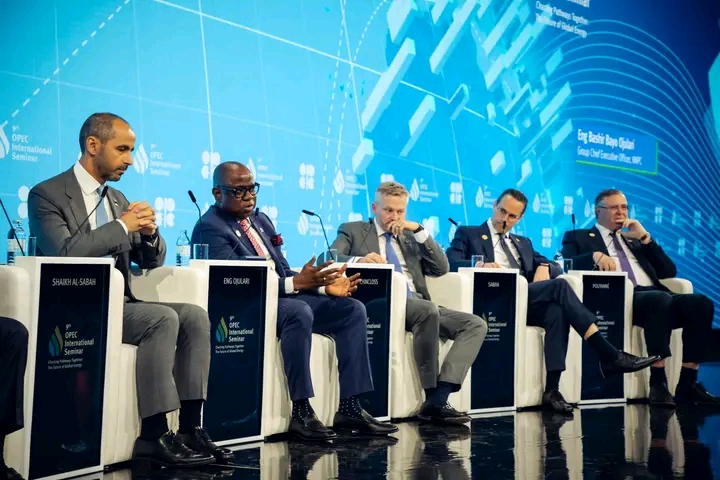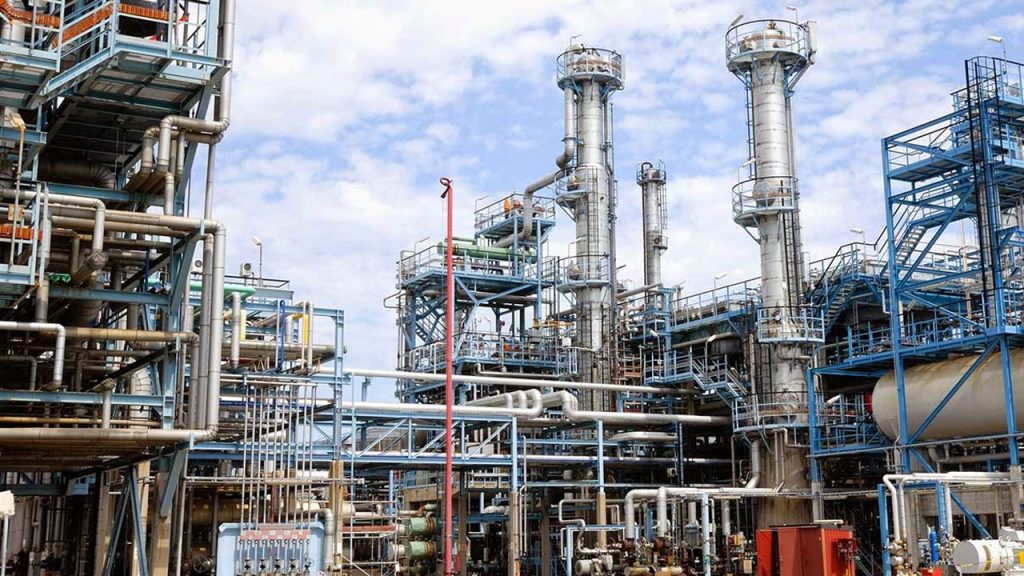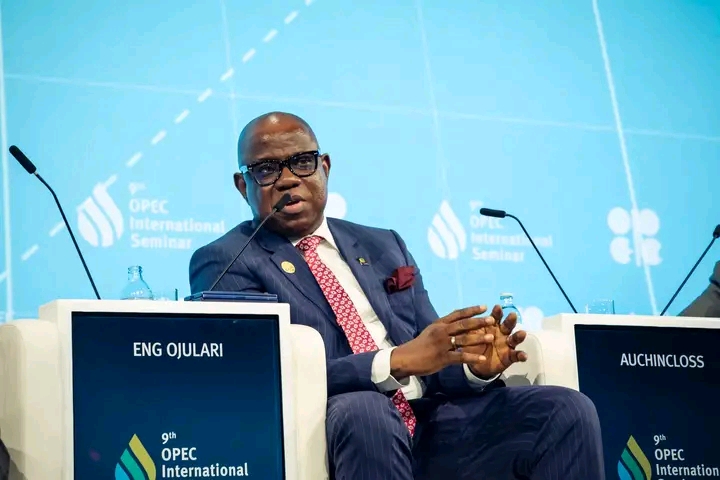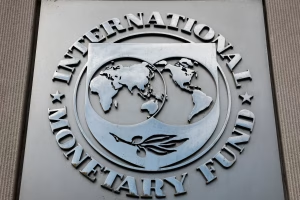Vienna, Austria / Lagos, Nigeria – Nigeria’s national oil company, the Nigerian National Petroleum Company Limited (NNPCL), is considering selling some of its state-owned refineries as it grapples with significant challenges in their rehabilitation. This was revealed by
Bayo Ojulari, the Group Chief Executive Officer of NNPCL, in an interview with Bloomberg on Thursday, July 10, 2025, at the 9th OPEC International Seminar in Vienna, Austria.

Mr. Ojulari stated that a strategic review of NNPCL’s refinery operations is underway and is expected to conclude before the end of the year. When asked if this could include putting the refineries up for sale, he responded that “sale is not out of the question” and “all the options are on the table,” with the final decision based on the review’s outcome. Nigeria has been working to rehabilitate its long-dormant state-owned refineries in Port Harcourt, Warri, and Kaduna. The Port Harcourt refinery briefly resumed operations in November 2023 but was shut down again in May for maintenance.
Mr. Ojulari attributed some of the setbacks to outdated infrastructure and underperforming technologies. He noted that significant investments had been made, but some technologies “have not worked as we expected so far,” and rehabilitating “very old refinery that has been abandoned for some time” is “becoming a little bit more complicated”. He also addressed the high cost of oil production in Nigeria, citing operating costs of $25 to $30 per barrel, partly due to substantial spending on pipeline security. Despite these challenges, NNPCL aims to increase Nigeria’s oil output to 1.9 million barrels per day by the end of the year.
Dangote Doubts Refineries’ Future
Meanwhile, Aliko Dangote, President of the Dangote Group, has expressed significant doubt about the possibility of the state-owned Port Harcourt, Warri, and Kaduna refineries ever functioning again. Speaking on Thursday after a tour of the Dangote Petroleum Refinery in Lekki, Lagos, with members of the Global CEO Africa from the Lagos Business School, Dangote claimed that the NNPCL-managed refineries had already “gulped up to $18bn, yet have refused to work”.

Mr. Dangote recalled his own aborted acquisition of the government refineries in 2007, just after former President Olusegun Obasanjo left office. He stated that his team had to return the refineries to the government after a change in administration, with then-managers convincing former President Yar’adua that the facilities would work, despite claims they were “just given to us as a parting gift”. Dangote likened the continuous turnaround maintenance to “trying to modernise a car that was built 40 years ago, when technology and everything have changed,” suggesting that even with a new engine, “the body will not be able to take the shock”.
Mr. Dangote’s comments align with past criticisms from former President Obasanjo, who last year stated that NNPC was aware it could not operate the refineries and recalled how international oil companies like Shell had refused to run them. Obasanjo had previously claimed that over $2 billion had been “squandered on the refineries” since his thwarted deal, and they “still will not work”. Calls for the privatisation of these government-owned refineries have intensified following the recent shutdown of the old Port Harcourt refinery, six months after it was declared operational, and the Warri refinery, one month after its declaration of opening. The Manufacturers Association of Nigeria and crude refiners have urged the government to sell the facilities, viewing them as a burden. Reports indicate that the Federal Government has consistently spent vast resources on the moribund refineries, including $1.4 billion approved for Port Harcourt in 2021, and significant amounts for Warri and Kaduna, with a reported N100 billion spent on rehabilitation in 2021 alone





Add Comment